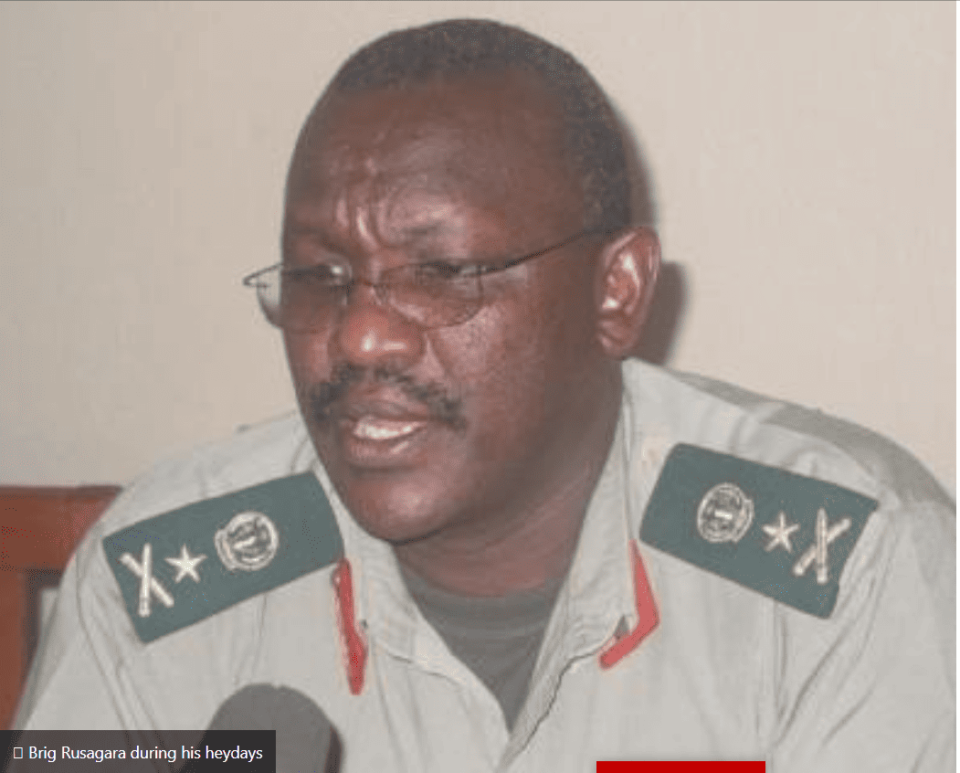Frank Rusagara, a former high-ranking Rwandan military officer, passed away on March 24 while still serving a prison sentence that many viewed as politically motivated.
His death has reignited concerns about Rwanda’s treatment of political prisoners and dissenting voices.
Rusagara was arrested on August 18, 2014, along with his brother-in-law, Colonel Tom Byabagamba, the former head of the Presidential Guard.
In 2016, a military court found them guilty of inciting rebellion and tarnishing the government’s reputation. Byabagamba was also stripped of his military ranks.
Critics, including international human rights organizations, have long argued that their prosecution was driven by political considerations rather than genuine security concerns.
In 2020, the two men took their case to the East African Court of Justice (EACJ), asserting that their imprisonment violated the East African Community treaty.
Their lawyer, Michael Osundwa, cited breaches of Articles 6, 7, and 8, which uphold democracy, human rights, and the rule of law.
However, in March 2023, they unexpectedly withdrew their petition without explanation.
The move raised speculation about a possible behind-the-scenes agreement, particularly with Rwanda’s presidential elections approaching.
Both Rusagara and Byabagamba had spoken out about harsh conditions in prison, including prolonged solitary confinement and heavy surveillance.
In 2017, the UN Working Group on Arbitrary Detention determined that their imprisonment violated international law and called for Rusagara’s release, a recommendation the Rwandan government ignored.
British lawmakers also pressed for clemency in 2019, further underscoring international concerns over the case.
Before his downfall, Rusagara held influential positions in Rwanda’s military and diplomatic circles. After spending much of his early life in exile in Uganda, he became a key figure in the Rwandan Patriotic Front (RPF) and later served as Rwanda’s Defence Attaché to the UK.
His extensive international ties likely contributed to foreign efforts advocating for his freedom.
Following his death, human rights groups have urged the Rwandan government to return his body to his family for burial and reconsider the continued detention of Byabagamba, who still has seven years left on his sentence.
The government has not stated Rusagara’s passing, but his death brings renewed attention to Rwanda’s human rights record, particularly its handling of political dissidents and former allies of President Paul Kagame’s administration.
